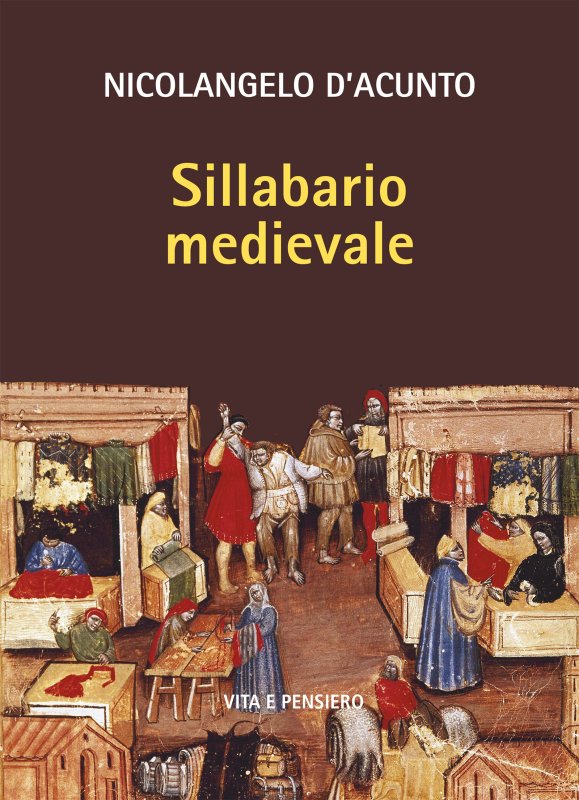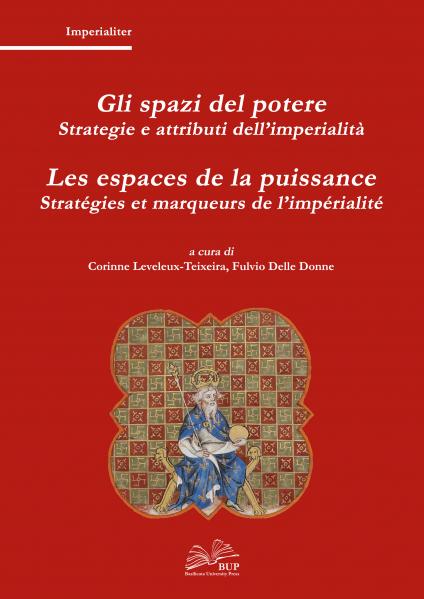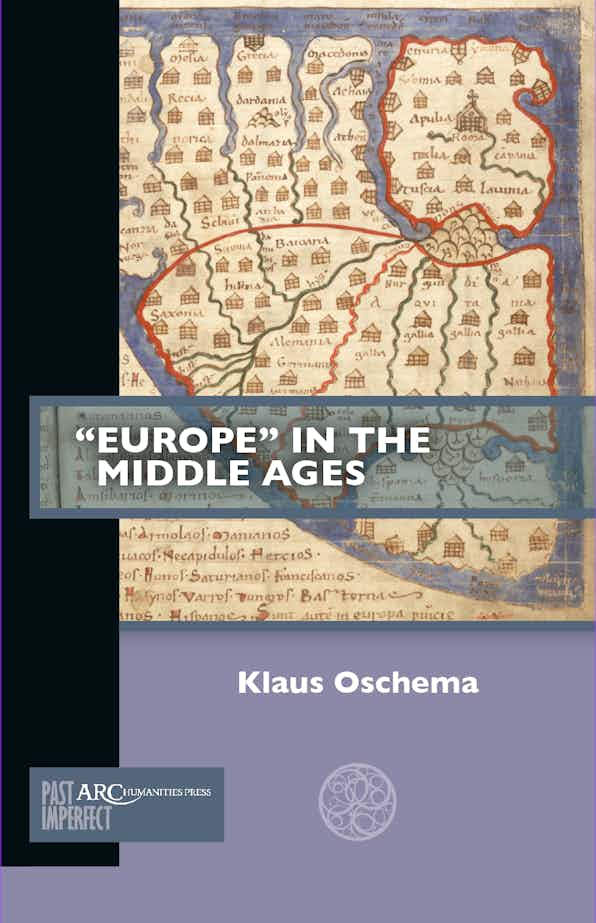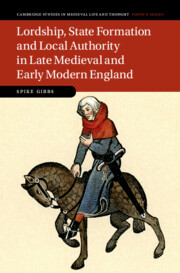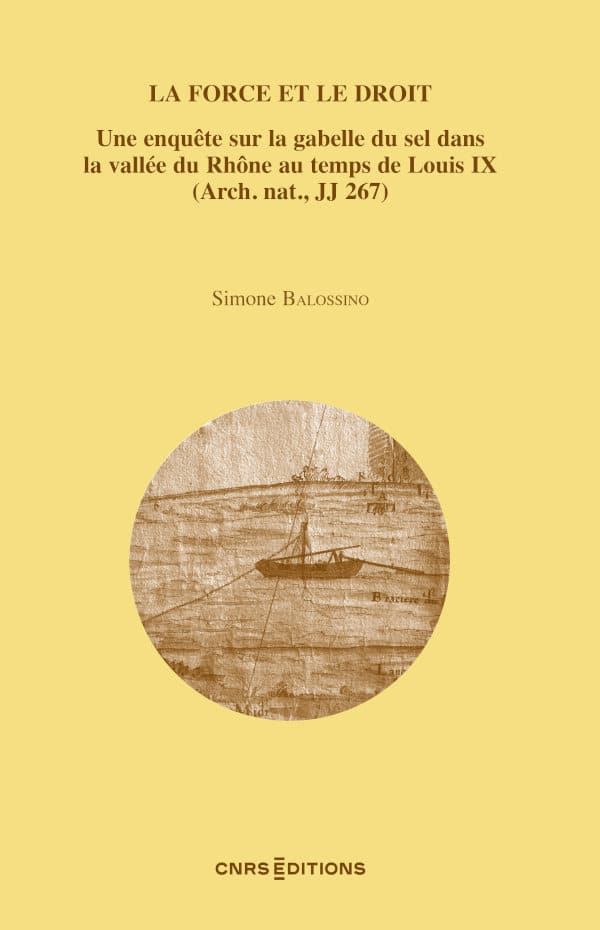ABOUT THE BOOK
Prima che il concilio di Trento (1563) lo codificasse rigidamente, nel basso medioevo il matrimonio mantenne a lungo una natura laica, mutevole e versatile, caratterizzata da una grande variabilità di pratiche e modelli. Pare quindi più opportuno parlare di matrimoni al plurale, abbandonando la visione univoca dell’istituto affermatasi solo dopo Trento.
Nel volume si farà, pertanto, ampio riferimento non solo ai matrimoni legittimi e codificati, ma anche all’esteso ventaglio di quelli incerti e irregolari, come i matrimoni a tempo, le unioni di fatto, i matrimoni plurimi, le convivenze more uxorio o i rapporti concubinari; si passeranno in rassegna le diverse forme di unioni trasgressive, dal ratto all’adulterio, dai matrimoni finti e simulati sino a quelli violenti e forzati; si rifletterà, infine, sulle forme proibite o a stento tollerate, come i matrimoni interconfessionali, la promiscuità interreligiosa e le unioni con gli esclusi e i marginali.
ABOUT THE AUTHOR
Ermanno Orlando insegna Storia medievale nell’Università per Stranieri di Siena. Fra le sue monografie ricordiamo Altre Venezie. Il Dogado veneziano nei secoli XIII e XIV (Venezia 2008); Sposarsi nel medioevo (Roma 2010); Migrazioni mediterranee (Bologna 2014); Venezia e il mare nel Medioevo (Bologna 2014); Strutture e pratiche di una comunità urbana. Spalato, 1420-1479 (Venezia-Wien 2019); Le repubbliche marinare (Bologna 2021); Medioevo migratorio (Bologna 2022).
TABLE OF CONTENTS
Prefazione
1. Introduzione
1. Paradigmi matrimoniali
2. Altre fonti, altri matrimoni
3. Una nuova stagione storiografica
4. Il matrimonio pretridentino: una pluralità di modelli
5. Variabili matrimoniali
2. Tra disciplinamento e indisciplina: il matrimonio pretridentino
1. Consensus facit nuptias
2. Il matrimonio consensuale nel diritto canonico
3. L’affermazione della teoria consensualistica
4. Un matrimonio aformale?
5. Il matrimonio nel diritto civile e la centralità della dote
6. La questione dei matrimoni clandestini
7. Verso il matrimonio formale: il concilio di Trento
3. Tempi, spazi e riti del matrimonio
1. Il modello ecclesiastico: storia di un sostanziale fallimento
2. La dimensione laica, familiare e comunitaria del matrimonio
3. Il modello notarile di matrimonio
4. Pubblico e celebrativo: il matrimonio aristocratico
5. Altre variabili matrimoniali
4. Dai preliminari alla scelta: mediazioni, modelli e reti
1. La funzione della famiglia e del matrimonio
2. Mediazioni e reti
3. La dimensione circolare e collettiva della mediazione
4. La scelta della sposa
5. Matrimoni incerti, irregolari e trasgressivi
1. Unioni incerte e controverse
2. I matrimoni a tempo e le separazioni di fatto
3. I matrimoni plurimi e in successione
4. I delicta carnis: ratto, adulterio e stupro
5. Adulterio e stupro nelle prassi giudiziarie
6. I surrogati del matrimonio (o quasi matrimoni)
1. Le convivenze more uxorio
2. I rapporti concubinari
3. Il concubinato tra tolleranza e reato
4. Il concubinato d’élite
7. Seduzione e finzione
1. Il finto matrimonio a scopo di seduzione
2. Imposture e raggiri
3. Simulazione e gioco
4. Il matrimonio delle beffe
8. Spose bambine
1. Pubertà e matrimonio
2. Tra infanzia e adolescenza: i signa indubitate pubertatis
3. La maturità psichica e biologica
4. Il matrimonio tra bambini
9. Matrimoni forzati e violenza domestica
1. Nozze forzate, nozze combinate
2. L’annullamento del vincolo propter metum
3. La violenza coniugale
4. Le sevizie come causa di separazione
10. I matrimoni misti
1. Le unioni interconfessionali
2. Cristiani orientali e matrimonio
3. Confronti
4. Affinità
5. L’impatto disciplinante del concilio di Trento
11. Il fascino delle unioni proibite
1. Il matrimonio interdetto: gli infedeli
2. Separazioni, matrimoni di fatto e conversioni
3. Promiscuità e trasgressioni
12. Marginalità e matrimonio
1. Il matrimonio con gli schiavi
2. Legami irregolari e surrogati
3. Il matrimonio con i lebbrosi
Bibliografia
Indice dei nomi e dei luoghi
More information can be found here.





